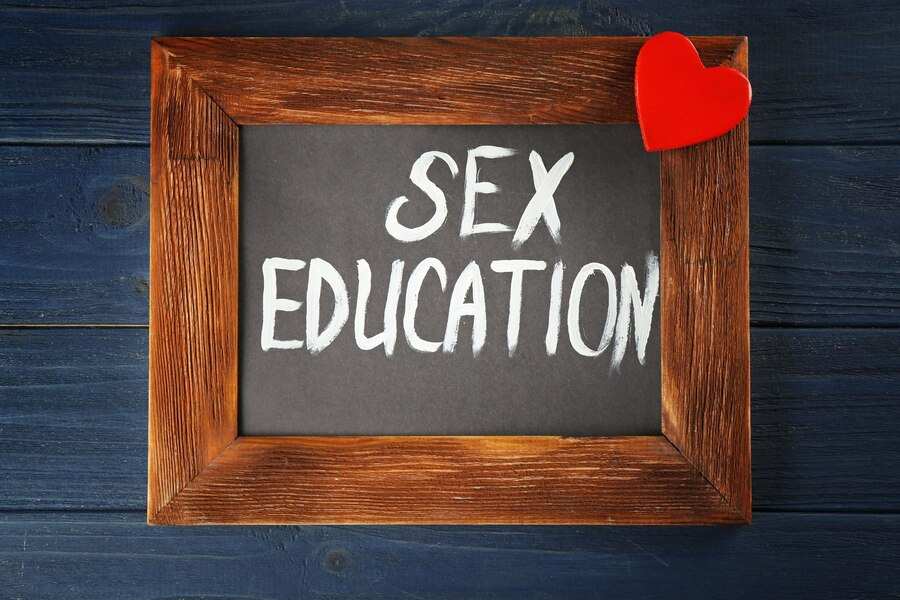Introduction:
Adolescence is a critical phase of development when teenagers seek independence and explore their identity.
During this period, it is essential for parents and caregivers to establish boundaries and enforce discipline effectively.
Punishment strategies can play a vital role in teaching teenagers about responsibility,
accountability, and the consequences of their actions.
In this article, we will explore ten effective punishment strategies and consequences that
can help shape responsible behaviour in teenagers.
Logical Consequences:
Logical consequences entail allowing teenagers to experience the natural outcome of their actions.
For example, if a teenager fails to complete their homework, a logical consequence would
be facing a deduction in grades.
This approach helps teenagers connect their behaviour with its consequences, fostering
a sense of responsibility.
Loss of Privileges:
Teenagers value their independence and privileges, making the loss of such privileges
a powerful consequence.
This strategy involves temporarily revoking privileges such as using electronic devices,
going out with friends, or participating in extracurricular activities.
The loss of these privileges motivates teenagers to reflect on their actions and work
towards regaining them.
Time-Outs:
Time-outs can be an effective strategy to help teenagers calm down, reflect on their behaviour, and regain control.
Assigning a specific time and space for a time-out period allows teenagers to process their
emotions, understand the impact of their actions, and make amends.
Restitution:
Restitution focuses on repairing the harm caused by a teenager’s actions.
This punishment strategy requires teenagers to take responsibility for their behaviour and make amends.
For instance, if a teenager damages someone else’s property, they can be asked to
apologize contribute towards the repair or replacement cost.
Natural Consequences:
Sometimes, allowing teenagers to face the natural consequences of their actions can be
a valuable learning experience.
However, it is important to ensure that these consequences do not jeopardise their safety
or well-being.
For instance, if a teenager consistently fails to wake up on time, allowing them to be late
for school might teach them the importance of punctuality.
Grounding:
Grounding is a punishment strategy that restricts a teenager’s social activities by confining
them to their home for a specific period.
This consequence can be effective in reinforcing the importance of responsible behavior
and encouraging teenagers to reflect on their actions.
Community Service:
Engaging teenagers in community service can help them develop empathy, responsibility,
and a sense of social awareness.
Assigning community service as a consequence for inappropriate behaviour enables
teenagers to give back to society, understand the impact of their actions, and cultivate
responsible behaviour.
Loss of Allowance or Financial Privileges:
Financial consequences can be influential for teenagers who rely on their allowance or
financial privileges.
Temporarily suspending or reducing their allowance in response to irresponsible behavior
can teach them the importance of managing resources and being accountable.
Collaborative Problem-Solving:
Collaborative problem-solving is an approach that involves teenagers in finding solutions
to the consequences of their behaviour.
Encouraging open dialogue, active listening, and negotiation empowers teenagers to take
responsibility and actively participate in resolving the issue at hand.
Positive Reinforcement:
While punishment strategies focus on consequences for negative behaviour, it is equally
important to reinforce positive behaviour.
Acknowledging and rewarding responsible behaviour encourages teenagers to make
better choices and reinforces the importance of responsible behaviour.
Conclusion:
When it comes to nurturing responsible behaviour in teenagers, punishment strategies should
be used as a means to teach and guide rather than simply inflict pain or exert control.
Employing these ten effective punishment strategies and consequences can help teenagers
understand the correlation between their actions and the outcomes, promoting responsible
behaviour and personal growth.
By balancing discipline with empathy, understanding, and effective communication, parents
and caregivers can positively shape the lives of teenagers during this crucial stage of
development.
![]()











